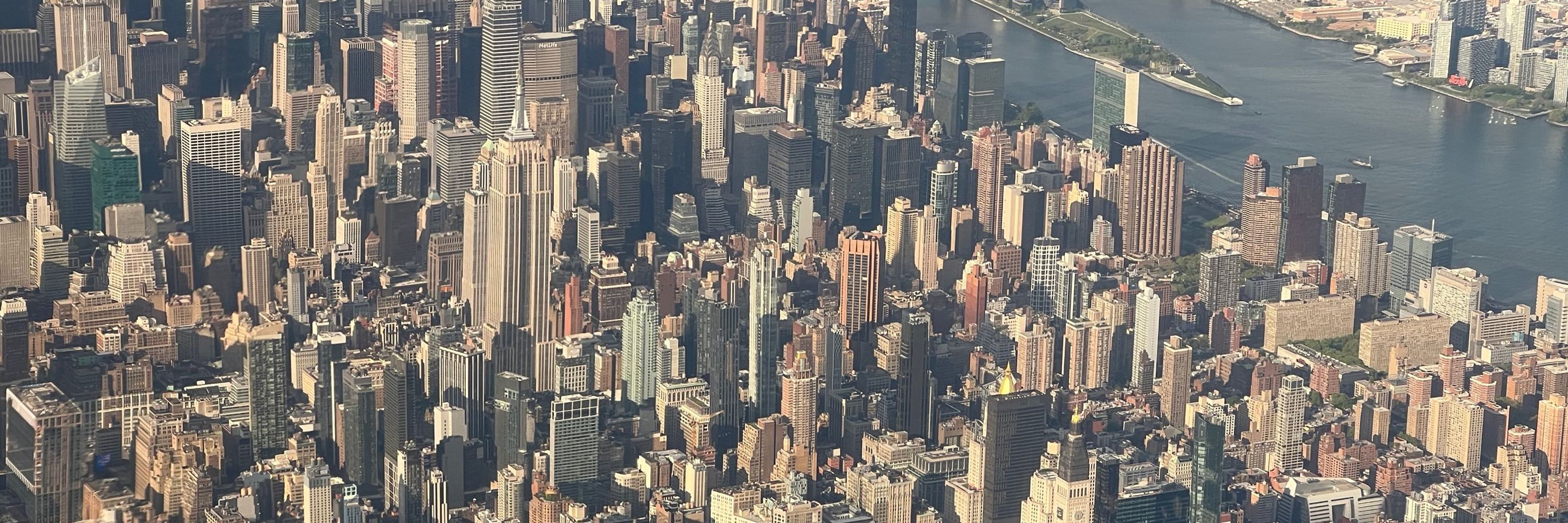

From Philly nextcity.org/urbanist-new...

From Philly nextcity.org/urbanist-new...





This is a vehicle unlike any other in the federal govt.
nextcity.org/urbanist-new...

This is a vehicle unlike any other in the federal govt.
nextcity.org/urbanist-new...



